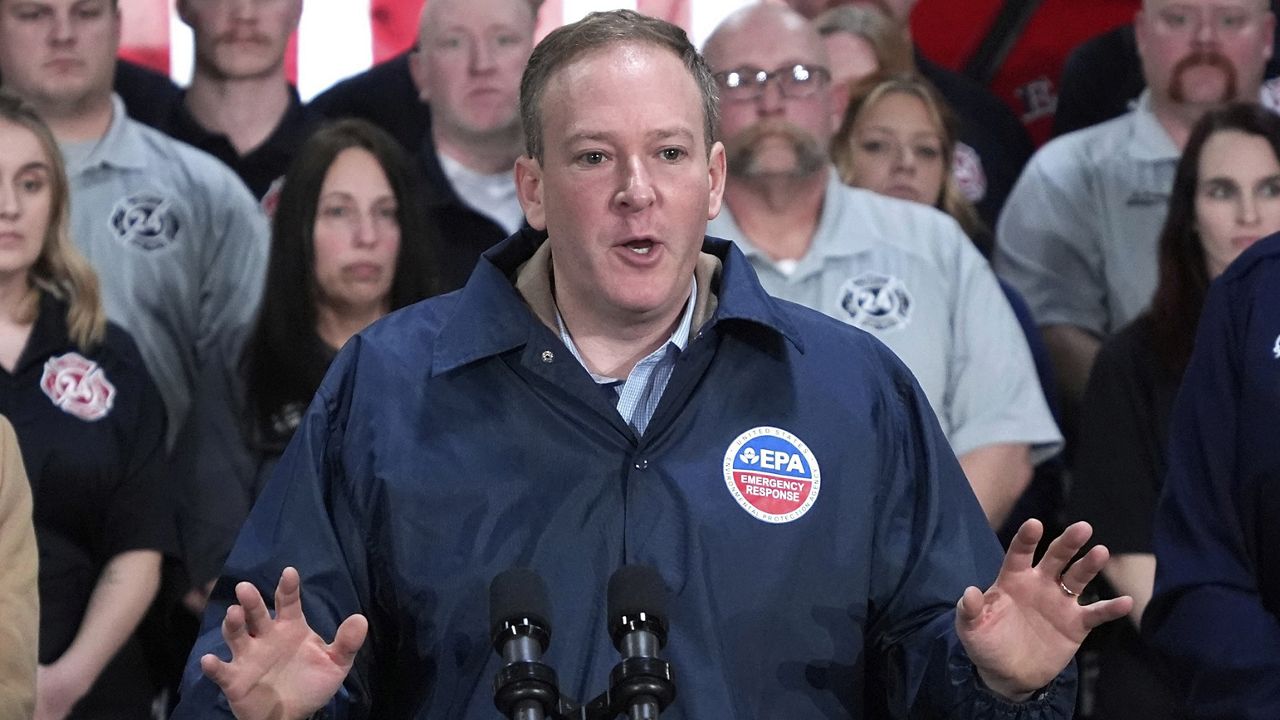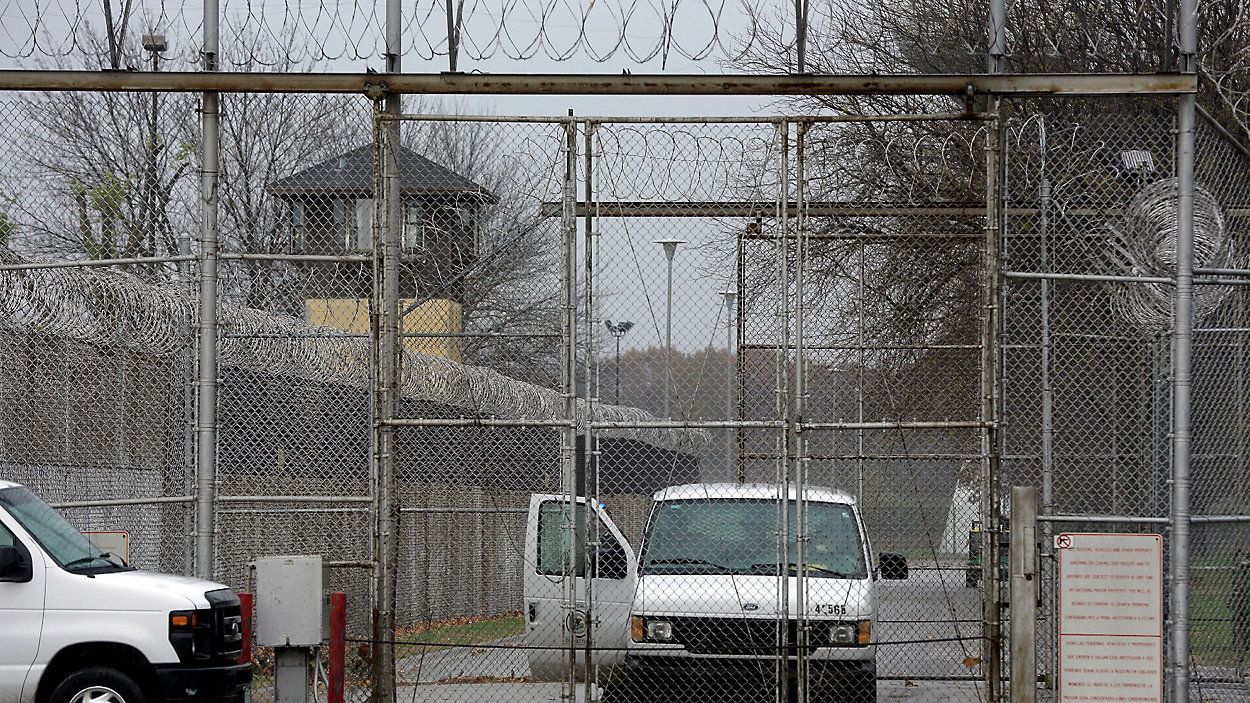Lawmakers did not take up proposed laws before session ended to change how the state taxes recreational and medicinal marijuana, and advocates say they're disappointed about lacking conversation to make the permit process to enter the industry more transparent.
A bill to allow cannabis growers to sell the crop to tribal nations is the only significant legislation related to the state's recreational marijuana industry headed for Gov. Kathy Hochul's desk.
"I think there's a big question mark there in terms of if it actually gets signed into law," said Kaelan Castetter, managing director of Castetter Cannabis Group.
But most other measures related to the emerging industry didn't get a floor vote.
Marijuana distributors in New York face a potency tax based on the level of THC in a product. Sen. Jeremy Cooney, who chairs the Senate Cannabis Subcommittee, introduced a bill to repeal that tax, but it died in committee.
"If you go into your local bar and you buy a high-proof, alcoholic beverage, the tax is the same as this when you buy a beer," Cooney explained Friday. "So we want the same situation to happen in our adult use recreational cannabis dispensaries."
Cooney, who chairs the Senate Cannabis Subcommittee, also sponsors a bill to eliminate the recreational tax for someone purchasing cannabis under a medicinal marijuana prescription.
"If this is really going to be a prescribed medicinal treatment, we should not be taxing New Yorkers to access a medical treatment option," he said.
Cooney will rework a bill during the off-session months that would increase the number of members on the State Cannabis Advisory Board and expedite parts of the application process in efforts to increase the number of legal dispensaries open in New York. Fewer than 15 have opened statewide in the last six months.
A measure sponsored by Assemblywoman Donna Lupardo to make cannabis an agricultural crop passed early on in the Assembly. It stalled in the upper house after concerns by Senate counsel about potentially reducing tax revenues required to be distributed to communities disproportionately impacted by the War on Drugs, said Brittany Carbone, a member of the Cannabis Association of New York Board of Directors.
"One person was really able to hold up the passage of that bill, unfortunately, due to some sticking points that, I think, we could have addressed and cleared up if we had a little bit more time, but unfortunately, it came down to the wire," Carbone said.
Several lawmakers say members need more of an education about changes that need to be made to the state's cannabis industry to make it more of a priority, but added the Legislature quickly ran out of time this session after the state budget was adopted more than one month late.
Advocates say there's been a disconnect with legislative leaders in reaching agreements on cannabis legislation, except millions of more dollars to crack down on illegal dispensaries in the budget.
"When you're changing the status quo, you have to get a lot of people on board — you have to get all three chambers on board," Castetter said. "When you have to get all three chambers on board, I think that's where we're seeing the disconnect on these pieces of legislation."
But lawmakers are hopeful the legislation will gain momentum next session.
Cooney says the industry is complex, and that different stakeholders involved in the agriculture, business, health side and others will work together over the next year to achieve the best policy.
"That will take time — we're working on it," the senator said.
The state's cannabis industry has struggled to get off the ground after delays from a federal lawsuit that prohibited the issuance of dispensary permits in half the state, and a slow turnaround from state regulators in processing permit applications.
Carbone said state agencies need better communication with people who were issued the first conditional dispensary licenses through the Conditional Adult-Use Dispensary program, which prioritizes New Yorkers with past marijuana convictions.
The state Dormitory Authority has tweaked the rules of where a dispensary could be located after some permits were issued, and Carbone says the agency was not forthcoming with business owners about what real estate and areas were off-limits while the agency negotiated with landlords.
"The lack of transparency, I think, led to a lot of unrest, you know, justifiably, with a lot of these license holders," Carbone said. "That frustration was very much pointed at DASNY."
Reuben McDaniel III officially announced his resignation from the Cannabis Control Board at its regular meeting Thursday after coming under fire for conflicts of interest. McDaniel also serves as DASNY president, and was recommended to lead the state agency by former Gov. Andrew Cuomo.
DASNY has led negotiations in developing parts of the state's Conditional Adult-Use Dispensary program. Hochul appointed McDaniel to the Cannabis Control Board on Sept. 22, 2021.
“It has been a tremendous honor to serve on this board and I thank Gov. Hochul for the opportunity to serve New York state in this role," he said Thursday, announcing his resignation during the meeting. "I am proud to play a role in building a new industry on a foundation of social equity. During my time on the Board, we have accomplished a tremendous amount of work. DASNY and I remain strongly committed to supporting the work of the board and the Office of Cannabis Management to create opportunities for individuals impacted by unfair enforcement of cannabis laws. We will continue to work in partnership to support entrepreneurs as they open dispensaries across New York."
Hochul will appoint McDaniel's replacement, but it will not require Senate approval. The governor appoints three of the five members of the state Cannabis Control Board.
"We are grateful for Reuben McDaniel’s service on the Cannabis Control Board and are reviewing candidates for the board vacancy," a spokesperson with the governor's office said.
Representatives with Hochul's office did not answer questions about the criteria the governor will use to appoint a new board member, or when a decision will be made.
Cooney said McDaniel's resignation shows state officials are open to making changes to improve oversight rather than concern of ongoing turmoil amid the state's recreational cannabis market rollout.
"We did not legalize adult use recreational cannabis in the state of New York for a money grab — we did it to right a wrong," Cooney said of over-enforcement and discrimination under past drug laws. "New York is the only state in the country that has legalized adult use cannabis that has actually met the mark when it comes to providing economic empowerment for a social act. ...What we're seeing is people are kind of getting out of the way so that that work can continue. Of course, I'm very supportive of that."










